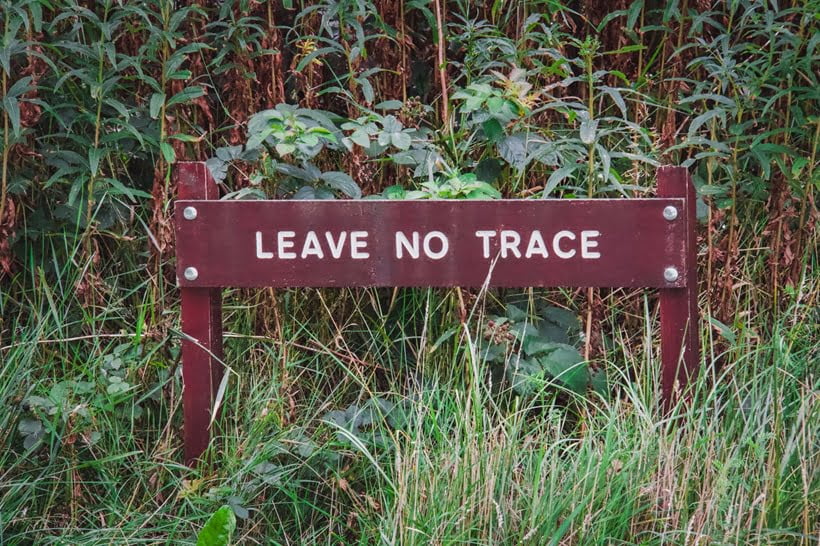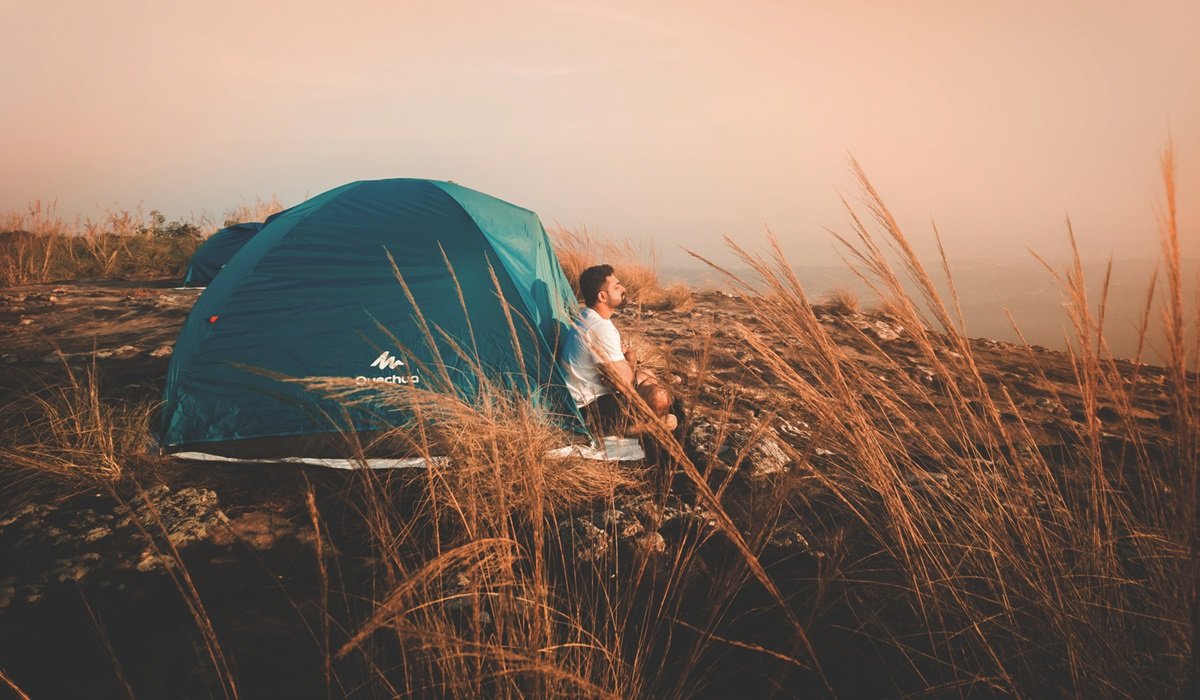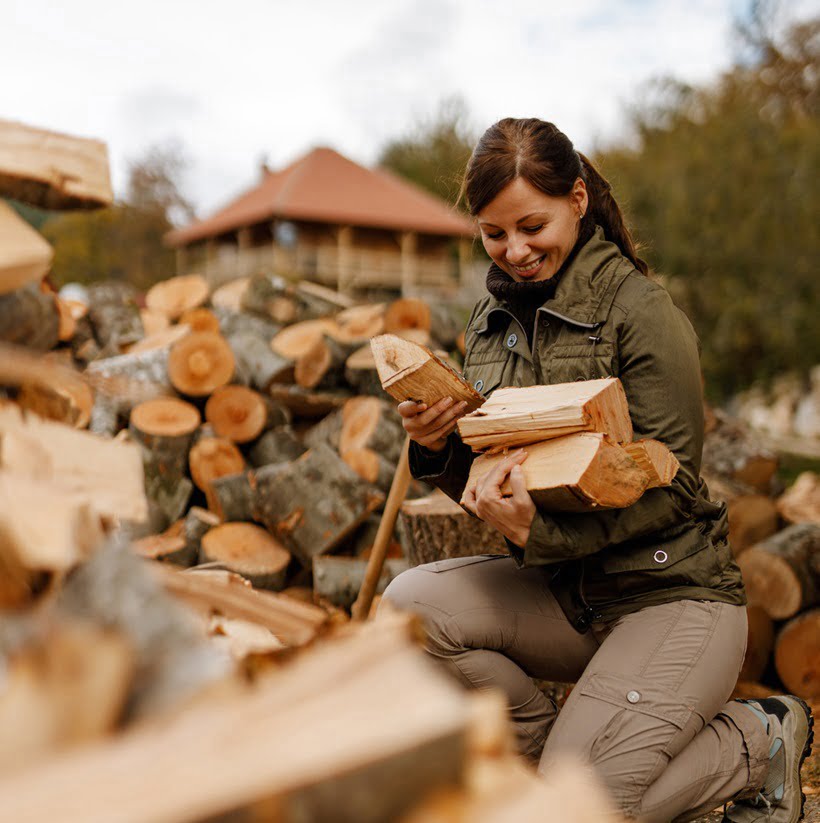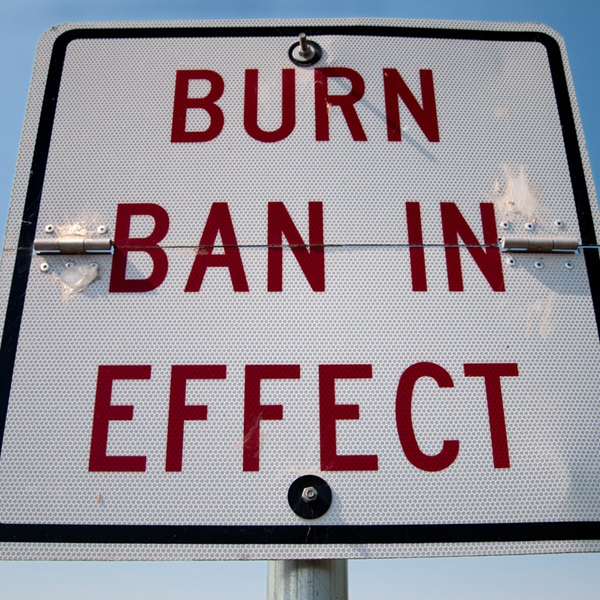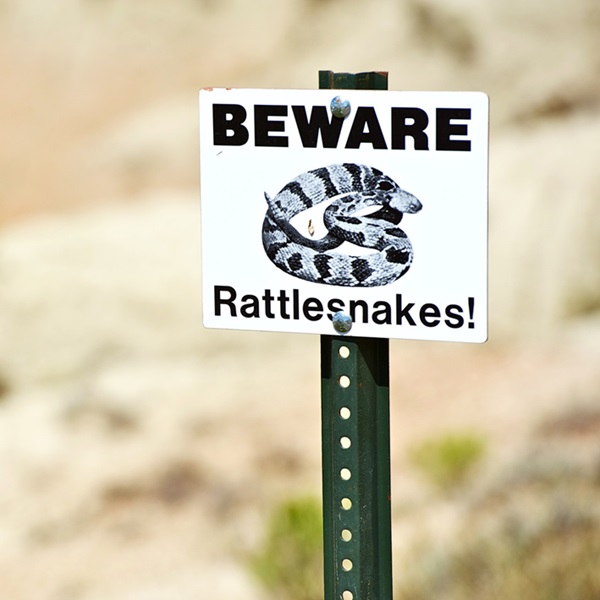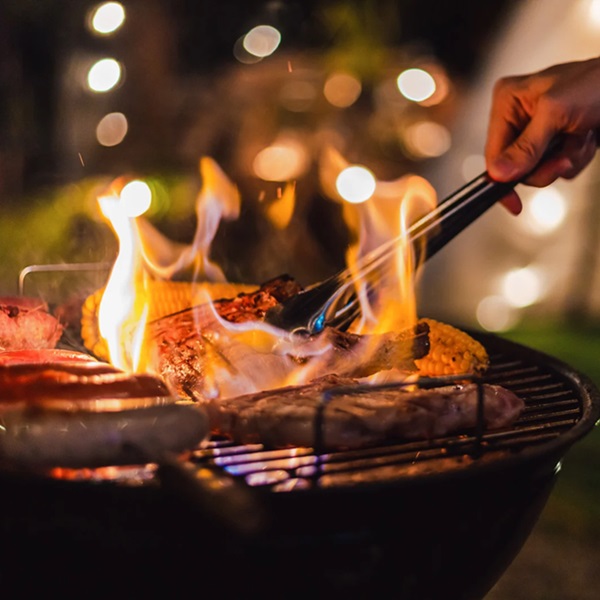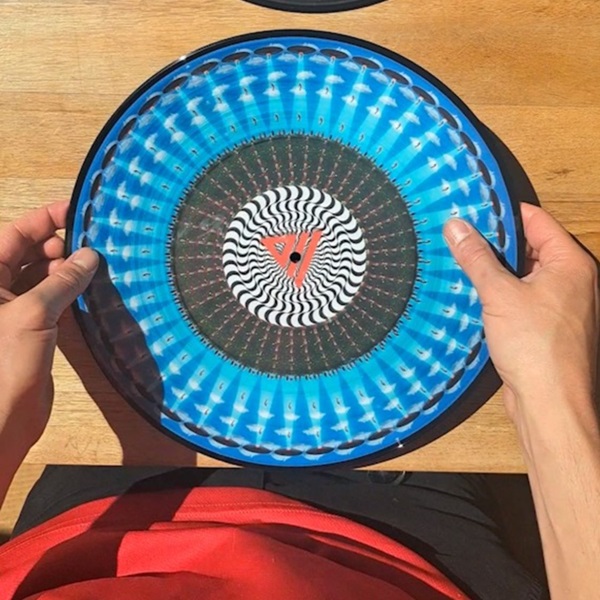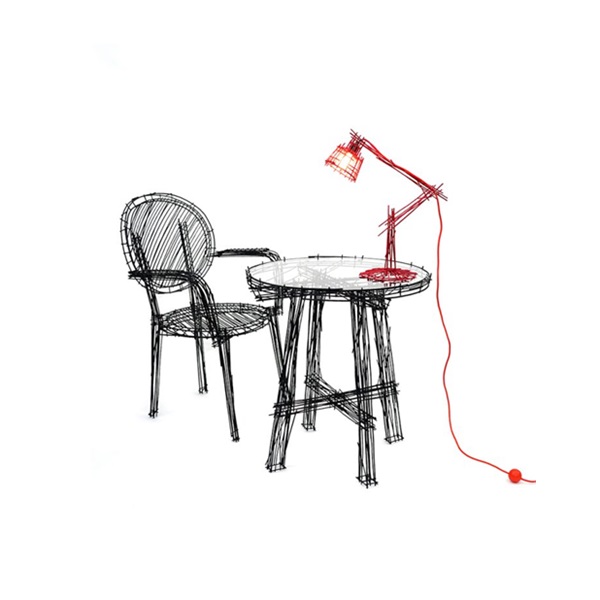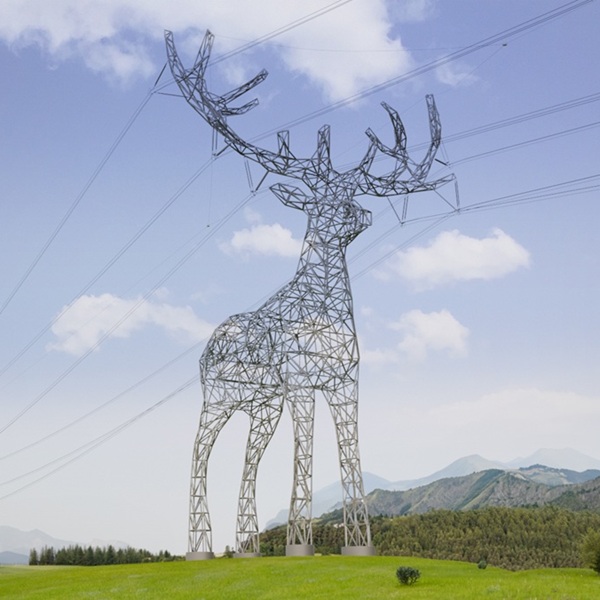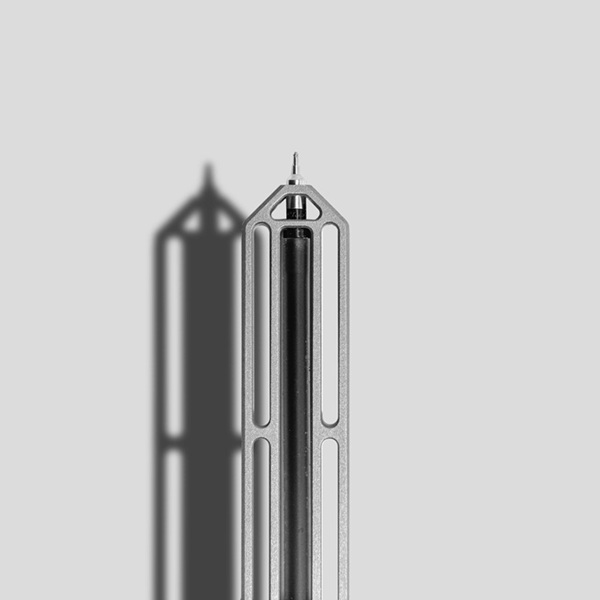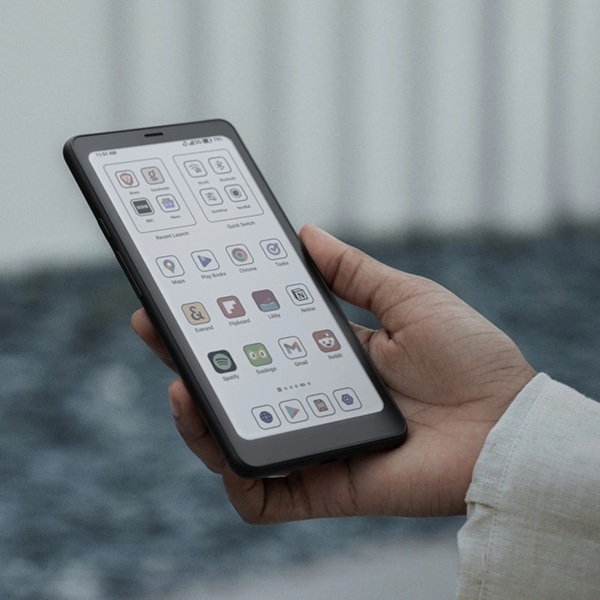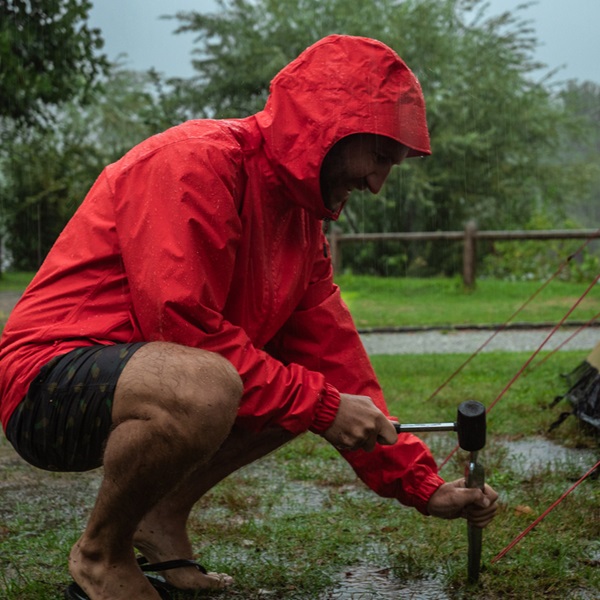
Some people enjoy spending time alone. In fact, everyone should try to enjoy alone time to discover more about themselves. If you like spending time alone and in nature, you can check out going camping alone. Because solo camping offers a unique opportunity to connect with nature, embrace tranquility, and rediscover oneself. As a beginner, you may need solo camping tips to ensure your journey into the wilderness is safe and exhilarating.
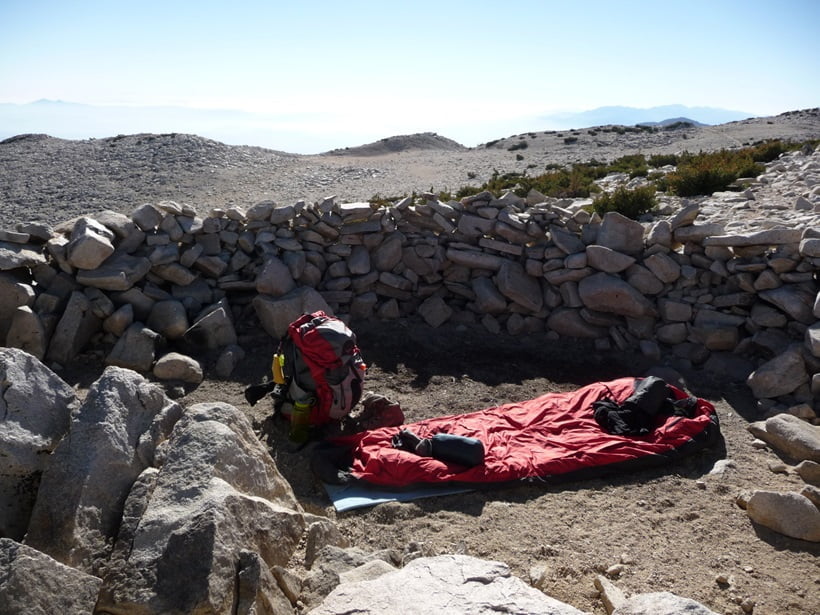
User-friendly Solo Camp Gear
For solo campers, traveling brings many challenges. You will be the master of your trip. In addition, you will be the only person in charge of managing everything during the trip. Therefore, you should carry user-friendly gear to ease your trip.
User-friendly gear for a solo camping trip offers some advantages, like below:
- Simplifies setup and use, allowing more time to enjoy nature.
- Reduces the burden on solo treks, making travel more comfortable.
- Reliable and easy-to-use gear minimizes risks in remote locations.
- Enhances the ability to manage independently in the wilderness.
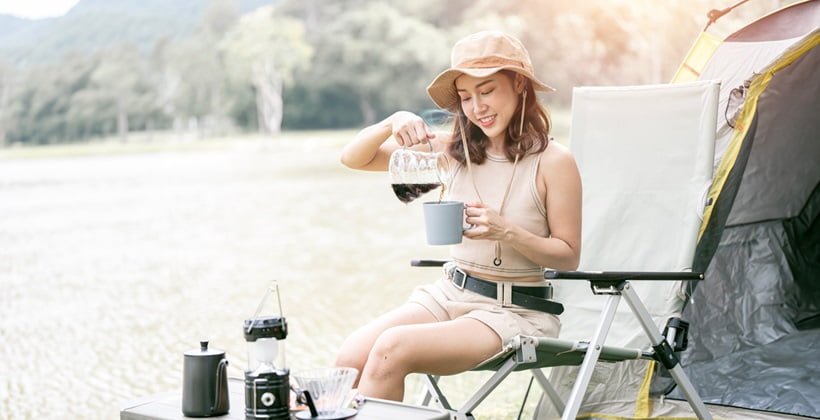
Safe Communication
Solo camping tips involve ensuring a safe communication gadget when necessary. You might like the idea of isolation in the wilderness, cooking food on a solo camping stove, walking in the woods, or sleeping under the stars. However, you should note that communication gadgets with backup batteries should always be in your pocket.
- First and foremost, always inform someone—a family member, friend, or local park ranger—of your camping plans.
- Investing in a durable, waterproof, and portable solar charger ensures your mobile devices remain powered throughout your journey.
- Despite this, reliance on mobile phones alone is unwise due to potential signal issues in remote areas. Thus, carrying a satellite communicator or a personal locator beacon (PLB) becomes extremely important.
- Another innovative solution is subscribing to a GPS tracking service, which allows designated contacts to monitor your journey in real-time.
Choosing Campsite
Choosing the right campsite is the cornerstone of planning a successful solo camping trip. The decision of where to pitch your solo camp tent can profoundly influence your overall experience, safety, and enjoyment of the wilderness.
First and foremost, research is key. You can find the best places to camp alone on camping websites.
Here are some destinations where you can go camping alone.
- Assateague Island National Seashore, Maryland
- Grand Canyon National Park, Arizona
- Big Bend National Park, Texas
- Flood’s Cove Campground
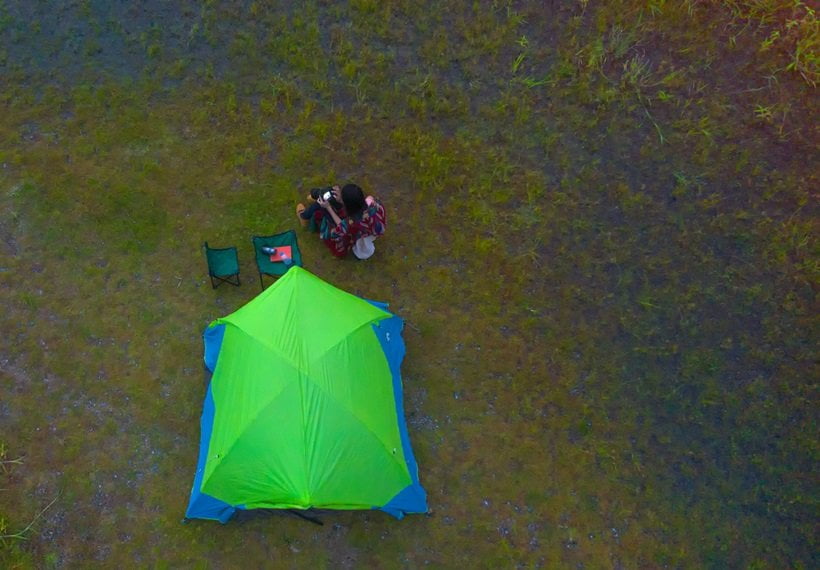
Preparing according to the weather forecast
Preparing for weather conditions is vital for a successful solo camp. Before setting out, you should check the weather forecast for your destination to tailor your gear and plans accordingly. According to the weather forecast, you should pack your gear to protect yourself from sudden rainstorms and heatwaves.
Camping solo is challenging from the planning phase. After checking the weather, you should pack lightweight, durable, and waterproof clothes.
Entertainment
Solo camping tips do not only include preparing camping gear but also entertainment for yourself. You will spend time alone in nature. Therefore, you need to use your time to enrich your experience. For example, before your trip, you can download podcasts, music lists, audiobooks, etc.
A lightweight, durable radio can keep you informed and entertained, while a laptop or tablet loaded with movies or shows is perfect for cozy evenings in the tent. Integrating entertainment into your solo camp journey not only enhances relaxation but also deepens your personal connection with the surrounding wilderness.
Plan your days
Planning your days with engaging camping-along activities enhances your experience. You can enjoy hiking and camping alone if the weather attacks you. In addition, if you are considering trail running, it is the best time for you. Before going for a walk or run, you should create a route and save it on your device.
Other than hiking and running, you can also consider fishing, meditation, journaling, reading, sketching, etc.
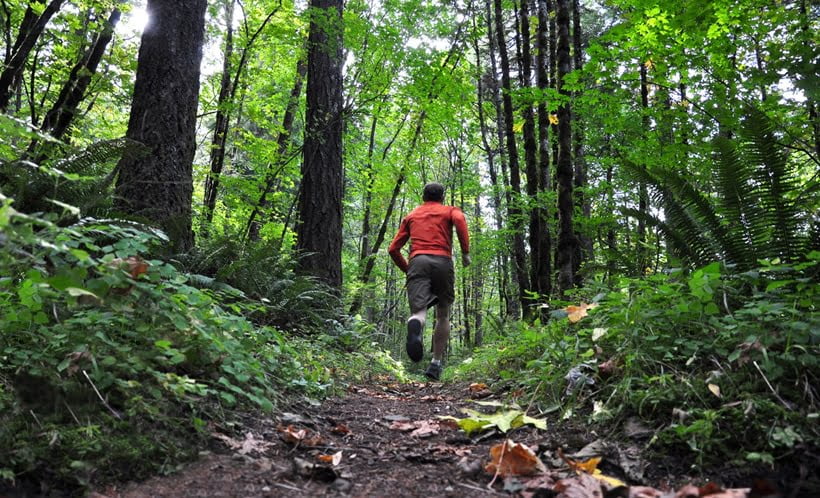
Prepare yourself for the time alone.
Think about something a camper would do if they were alone. If activities come to mind, you can be a good candidate for camping alone. Some people have a fear of camping alone. The fear comes from safety concerns, feeling lonely, not knowing how to spend time alone, etc.
Therefore, before starting your trip, you should mentally prepare yourself for an alone camp. You can watch solo camping videos to prepare yourself. In addition, you can prepare a mood-changing music list so that you can enhance your time.
Packing Smart
A guide for solo camping for beginners includes a checklist. Your solo camping checklist should incorporate lightweight and multifunctional gear that serves more than one purpose. Your lightweight camping essentials reduce your load without compromising on essentials.
In addition, you should prioritize a durable tent, a compact sleeping bag, and a portable stove. If you are going solo car camping, you should check gear for car camping. You should get a first-aid kit, a water filtration system, and weather-appropriate clothing.
Basic Skills for Solo Camping Trip
The idea of camping alone for the first time can be attractive. But you should master basic camping skills in order to go solo camping in the woods alone. You can familiarize yourself with essential tasks such as pitching a tent, starting a fire, and navigating with a map and compass. With these skills, you will have a basic idea about how to camp alone.
In addition, you should understand how to purify water and prepare simple, nutritious meals to enhance your camping alone in the woods. To prepare yourself, you can get camping essentials before your trip to experience these skills beforehand.

Preserve the natural space
The most important one among the solo camping tips is to follow the follow the Leave No Trace principles. You can search for and follow local regulations to minimize impacts by camping on durable surfaces. During your trip, you should pack out all trash, leftover food, and litter to keep the environment clean.
In addition, to minimize the campfire impacts, you can carry a portable stove for cooking and enjoy campfires responsibly in designated areas.
